The Medical College Admission Test (MCAT) is a standardized exam that has long been a cornerstone of the medical school admissions process in the United States and Canada. Its effectiveness as a tool for selecting students who will be successful in medical school, however, has been under discussion and debate for some time. We’ve written before about whether the MCAT is actually a predictor of success in medical school. In our previous article, we noted that the research available seems to indicate “that the MCAT is a standardized test which mainly predicts the student’s ability to succeed on other standardized tests.”
There are signs the education industry at large is waking up to the limitations of standardized tests such as the MCAT. According to the Q2 2023 Quarterly Education Outlook from HolonIQ, a technology-focused business intelligence firm, “there is a gradual shift to alternative assessment types becoming normalized” (p. 24). The driver behind this shift, according to the report, is technology. Technology has the power to make more personalized assessment possible in a cost-effective and scalable manner. At Tiber Health, we believe our predictive analytics-powered Master of Science in Medical Sciences (MSMS) program offers one example of this new, personalized form of assessment.
Standardized Testing Perpetuates Inequalities
The need to diversify the medical and health professions is one of the most pressing issues facing medical education today. A broad range of systemic issues disadvantage students from racially, ethnically, and socioeconomically diverse backgrounds in their pursuit of medical careers, of which the MCAT is just one. However, its importance as a factor in medical school admissions means it is an outsized issue for these students.
Preparing for the MCAT requires significant resources. There are financial resources: the hundreds of dollars in test fees just to sit the exam, for example, or the thousands of dollars for a specialized exam review program from test-prep companies like Kaplan. There are time resources: students who need to work while they study may struggle to carve out the 200-300 hours of MCAT prep time recommended by the Princeton Review. As a result, students from underrepresented backgrounds tend to have lower scores on the MCAT than peers from wealthier or white backgrounds.
Should the MCAT Be Replaced, Reformed, or Reprioritized?
Administrators, educators, and researchers are debating whether to scrap or reform the MCAT—for example, to make it a pass/fail assessment, as a 2021 letter to the editor of Academic Medicine by three deans of the Oregon Health and Science University School of Medicine suggests. Research published in 2020 by a Rutgers University-led team found that medical students who achieved mid-range MCAT scores performed comparably to high MCAT scorers in medical school, and that medical schools which admitted these mid-range MCAT scorers had more diverse student bodies than those that prioritized high-scoring students.
It’s possible that a switch to pass/fail scoring on the MCAT could help improve some underrepresented students’ access to medical school. However, such a switch would not address the underlying structural issues that prevent equal access to resources when preparing for the test in the first place. It also wouldn’t address whether it is appropriate to weigh a one-time performance on a high-stakes multiple-choice test so heavily when evaluating a medical school applicant.
We believe that an alternative assessment is possible—one which measures a student’s performance in their courses over a long period of time instead of a one-day snapshot of what they remembered about those courses. This type of assessment can provide admissions officers with a more authentic evaluation of how a student could fare in medical school. That’s what our MSMS offers.
Predictive Analytics Can Provide More Nuanced Data
In a November 2022 opinion article for MedPage Today, Tiber Health President Dr. David Lenihan describes how Ponce Health Sciences University (PHSU) medical students who entered the medical program after completing our MSMS program performed just as well on the United States Medical Licensing Exam (USMLE) Step 1 as students who were admitted to the medical school directly—even though the MSMS students came into medical school with lower MCAT scores and GPAs.
Students in the MSMS program at PHSU and our university partners receive a USMLE Step 1 pass/fail evaluation along with a GPA. That evaluation is based on the entire year of dedication and study they put into earning their master’s degree. The pass/fail score, writes Dr. Lenihan, could be used as a supplemental evaluation for students who apply to medical school after completing a pipeline program like ours, noting that “[t]his additional metric could help admissions committees ascertain the academic readiness of pipeline applicants with a reduced emphasis on the MCAT.”
The medical education community has recognized the limiting role the current MCAT plays in diversifying the health professions. Now it’s time to wake up to the potential power of predictive analytics-driven, personalized assessment.



